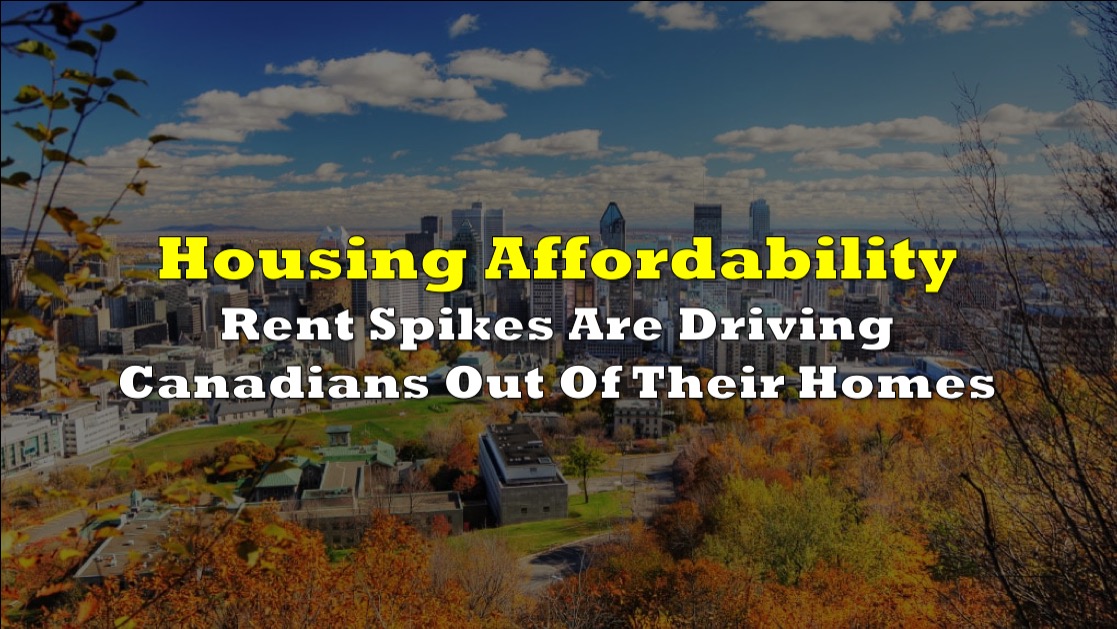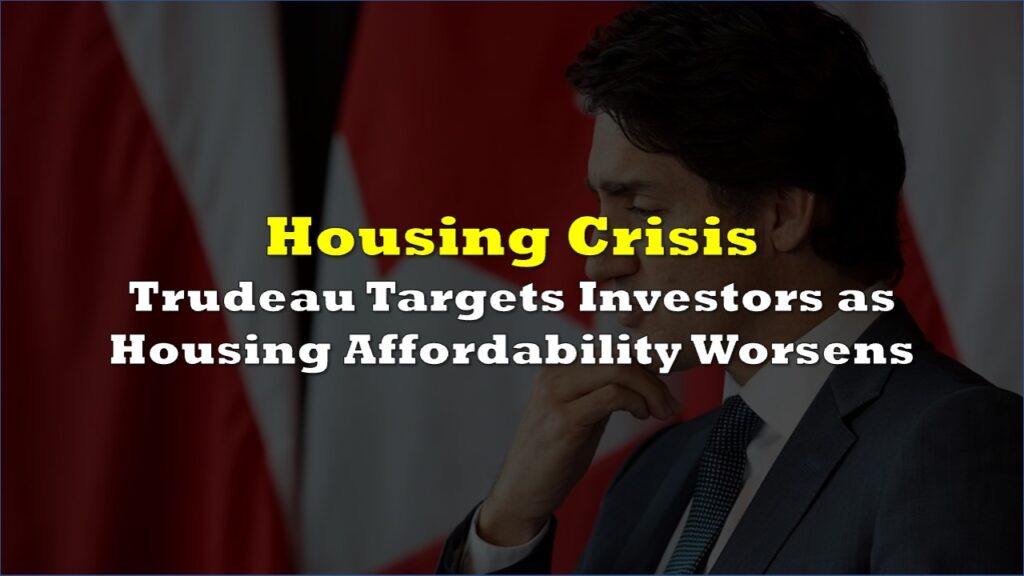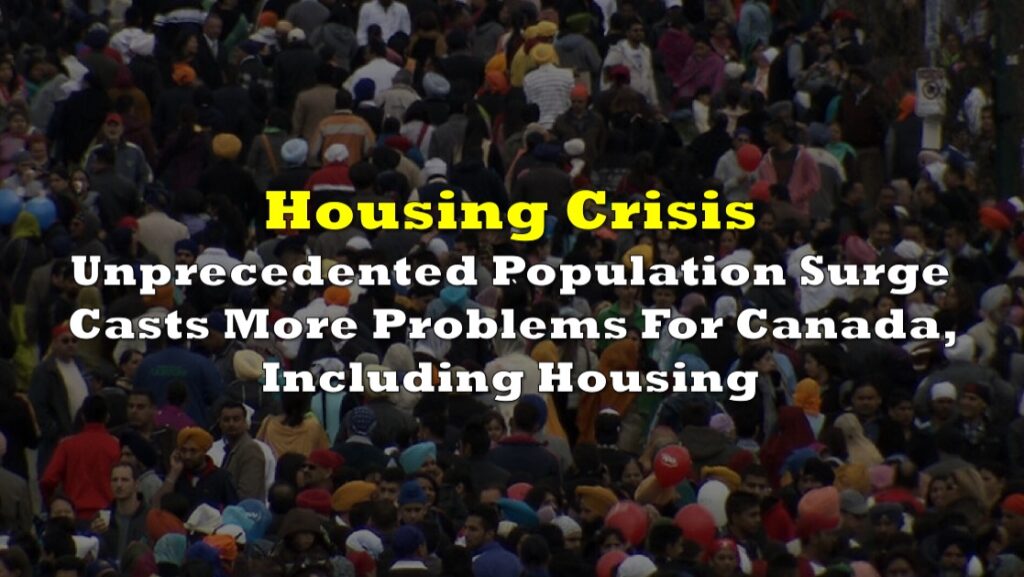With vacancy rates in Vancouver and Toronto at 0.9% and 1.7%, respectively, and rental costs on the rise, seniors, students, new immigrants, single parents, and persons with disabilities – those on low or fixed incomes — are being priced out of their towns.
Ren Thomas, associate professor of planning at Dalhousie University in Halifax, says that losing renters will be a significant loss for the major cities.
“You need that diversity — and that’s what makes our big cities great is we have there, you know, different people in different jobs,” said Thomas.
According to Canada’s national housing agency, the Canada Mortgage and Housing Corporation (CMHC), affordable housing should not cost more than 30% of your pre-tax salary. Using that metric, Ricardo Tranjan, a political economist and senior researcher at the Canadian Centre for Policy Alternatives, crunched recent Rentals.ca numbers.
He discovered that a person needs to earn around $109,000 per year in Vancouver and $98,000 in Toronto to comfortably afford a one-bedroom apartment today, far unaffordable based on the current minimum wage.
According to a report by RBC economists Robert Hogue and Rachel Battaglia, there were nearly 5 million households renting their dwelling in 2021, compared to only 4.1 million only ten years earlier. Although Census data shows that two-thirds of Canadians were homeowners last year, the number of renters has risen three-fold compared to the rate of homebuyers in the past decade.
Canada’s housing market seems to not be for ordinary Canadians looking for their first home anymore: instead, it’s becoming a commodity where speculators search for their next investment. A recent analysis by Statistics Canada’s Canadian Housing Statistics Program (CHSP) found that at the beginning of 2020, more than one out of five homeowners bought the respective property for investment purposes.
In Ontario, a staggering 41.9% of condos were designated as investment properties, while in British Columbia, that share amounted to 36.2%. In fact, a significant amount of investment properties in Ontario were purchased by businesses— a total of 74,485 units, or 13.4% of dwellings in this category— to be exact, marking the highest proportion among all provinces analyzed.
While more and more Canadians are struggling to put themselves in a home they own, yielding more renters that have to keep up with the rising rent payments, Minister of Housing Ahmed Hussen seems to be avoiding characterizing the situation as a crisis.
Pressed for a response by Parry Sound—Muskoka MP Scott Aitchison on whether Canada is currently facing a housing crisis, Hussen otherwise described it as a challenge.
“I think we, as a country, are experiencing challenges with respect everyone having access to a safe and affordable home,” Hussen said.
Information for this briefing was found via CBC and the sources mentioned. The author has no securities or affiliations related to this organization. Not a recommendation to buy or sell. Always do additional research and consult a professional before purchasing a security. The author holds no licenses.









